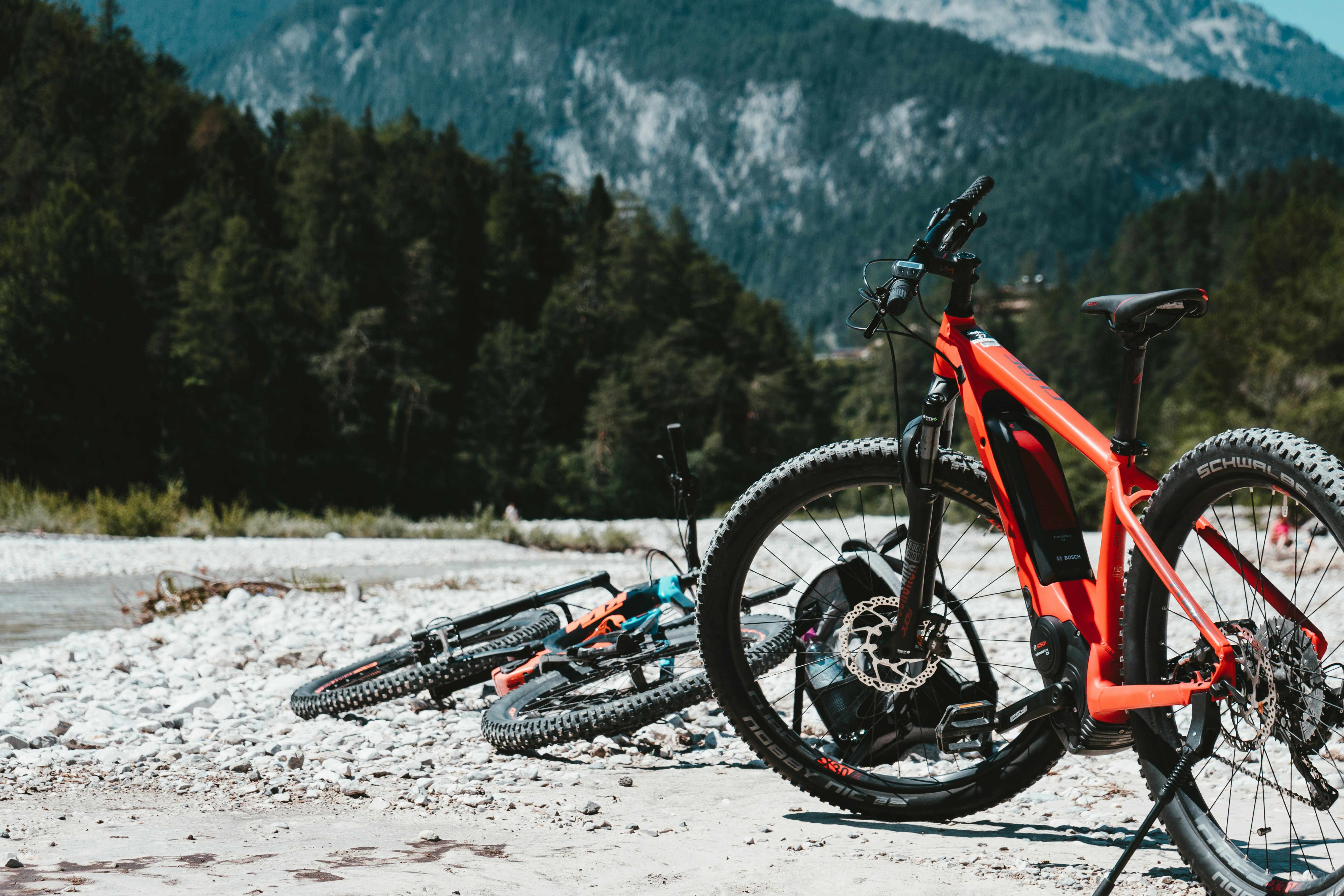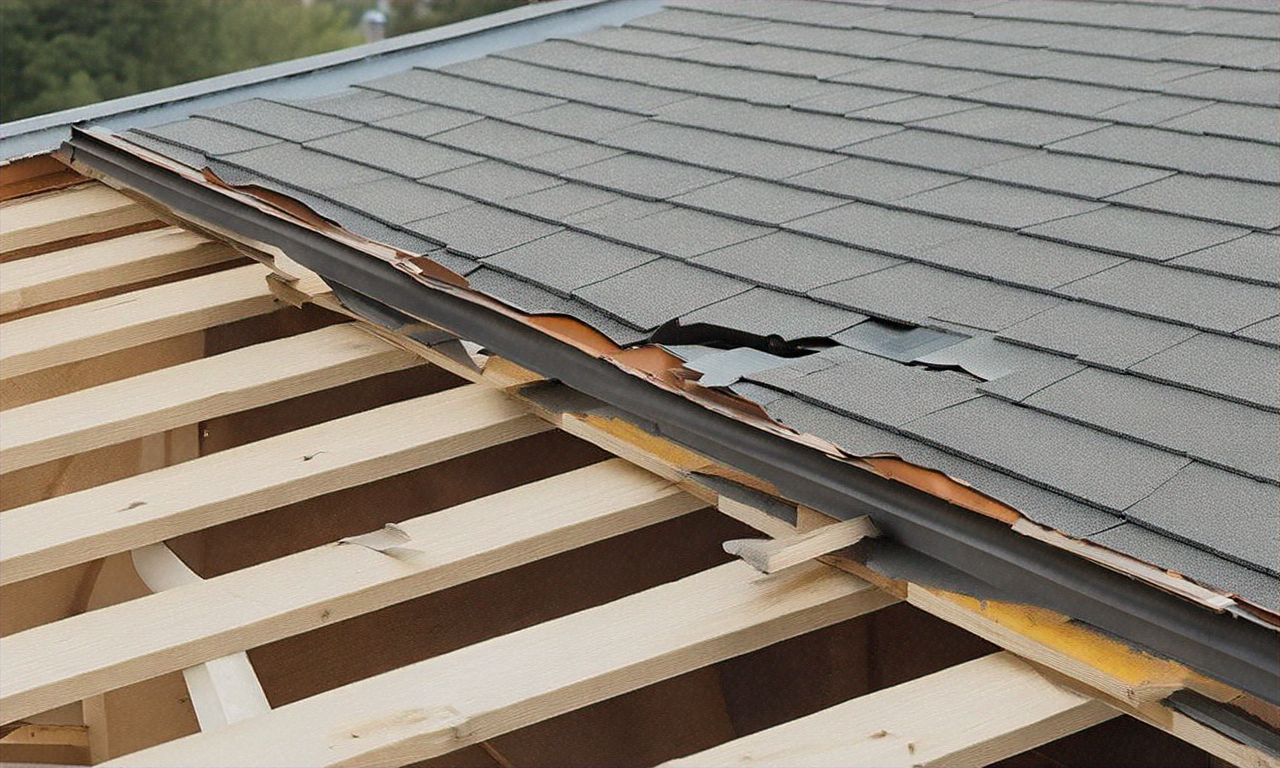E-Bike Technology Insights
Motor and Battery Integration. Mid-drive motors offer torque-sensing pedaling with 60-90Nm output, ideal for Singapore's hilly terrain. Lithium batteries (36V-52V) provide 500-800 charge cycles. Waterproof ratings (IP65+) ensure operation during monsoon seasons. Smart systems display real-time range predictions based on riding style and elevation.

Evaluating Motor Torque for Local Topography
Singapore’s varied terrain demands careful consideration of motor torque capabilities. Urban areas feature numerous hills, making torque a crucial factor in e-bike performance. Modern e-bikes typically offer torque ratings between 40-80 Nm, with mid-drive motors generally providing better hill-climbing ability than hub motors. When selecting an e-bike, consider the regular routes you’ll tackle and choose a motor system that matches local topographical challenges.
Implementing LTA Compliance Checks
The Land Transport Authority (LTA) maintains strict regulations for electric bicycles in Singapore. Compliant e-bikes must have motors that cut off at 25 km/h and cannot exceed 20kg in weight. Essential compliance features include:
-
Working pedals
-
Maximum continuous rated power of 250 watts
-
Progressive motor assistance that reduces with speed
-
Proper certification labels
Regular maintenance checks ensure these systems continue functioning within legal parameters.
Optimizing Commuting Route Efficiency
E-bike efficiency involves more than just battery range. Modern e-bikes feature smart systems that help optimize power usage based on riding conditions. Key optimization strategies include:
-
Using appropriate assistance levels for different terrain
-
Planning routes that balance distance with elevation changes
-
Monitoring battery consumption patterns
-
Utilizing regenerative braking when available
These factors significantly impact both range and riding comfort.
Battery Technology and Power Management
Modern e-bikes utilize advanced lithium-ion batteries, typically ranging from 400Wh to 700Wh capacity. Power management systems include:
| Battery Type | Typical Range | Charging Time |
|---|---|---|
| 400Wh | 40-60km | 3-4 hours |
| 500Wh | 50-70km | 4-5 hours |
| 700Wh | 70-100km | 5-6 hours |
Prices, rates, or cost estimates mentioned in this article are based on the latest available information but may change over time. Independent research is advised before making financial decisions.
Smart Integration and Connectivity
Contemporary e-bikes increasingly feature smart connectivity options, including:
-
Smartphone integration for navigation
-
Theft tracking systems
-
Remote diagnostics
-
Riding metrics and performance data
These features enhance the riding experience while providing valuable maintenance insights.
The evolution of e-bike technology continues to advance, combining improved efficiency with enhanced user experience. Understanding these technical aspects helps riders make informed decisions about their e-bike selection and usage, ensuring optimal performance while maintaining compliance with local regulations.




